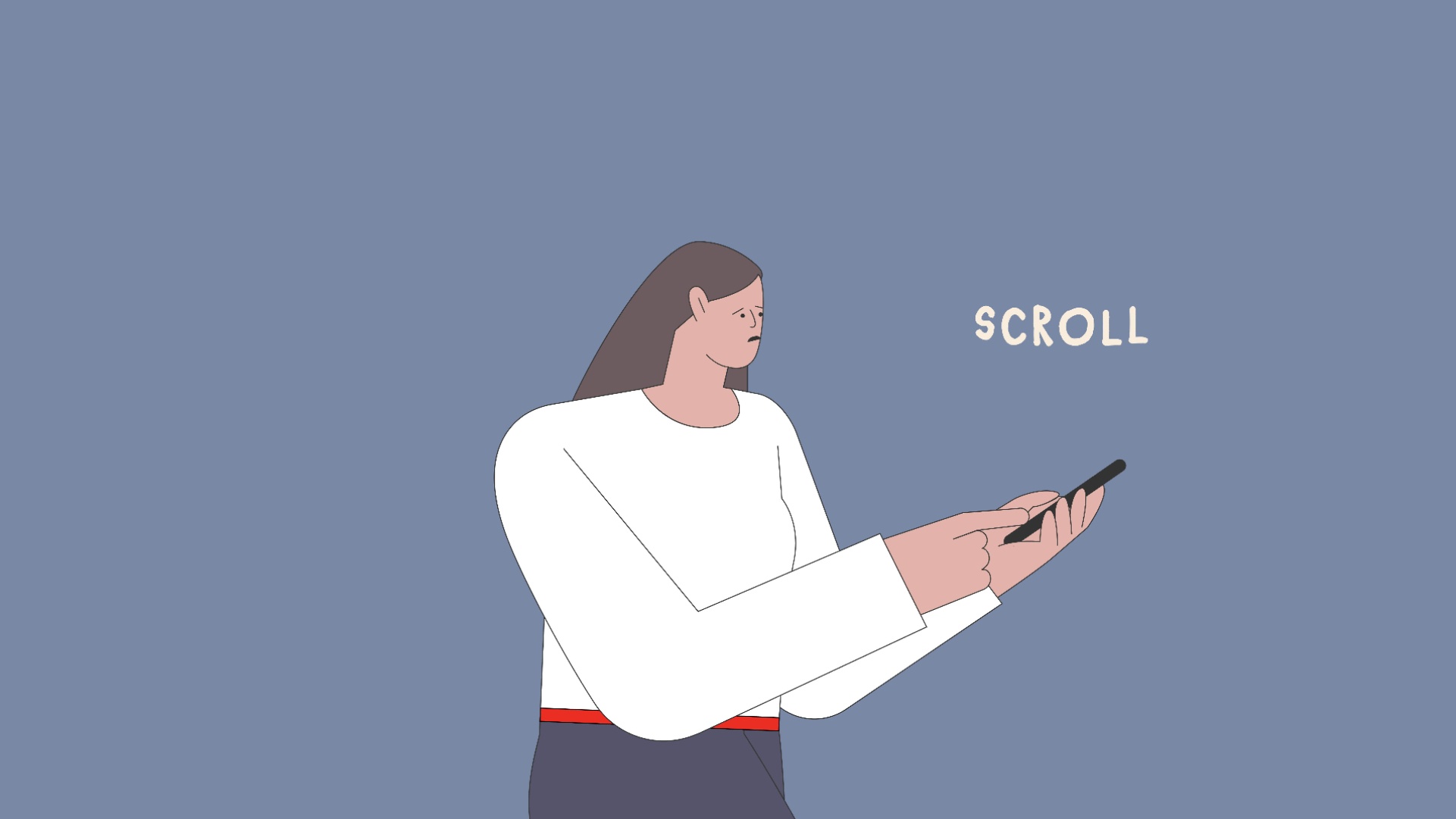“When I found out about the scheduled blackout in our district, I thought I was prepared. But it’s a completely different experience when you actually hear the blaring sirens or see the streets go into pitch-black darkness. It’s extremely anxiety-inducing,” Jasnoor Kaur, a 26-year-old from Chandigarh, tells me over the phone. “I just never imagined things would escalate as quickly as they did.”
The “things” in question is the ongoing unrest between India and Pakistan that was painfully reignited on April 22 by the terror attack in Pahalgam. While the two nations have since declared a ceasefire, fear and panic continue to loom heavy. This unease is only heightened by a barrage of information that comes alive every time you open social media, interact on group chats, watch television, read the newspaper or even just have dinner with your family—the need for an update is inevitable.
It doesn’t help that the news is often contradictory and more often completely false. “The situation is hard enough, but now we have to filter what we read and double check to make sure it’s actually true, which makes it more draining,” confesses Shubhankar Mukherjee, a former journalist from Delhi, adding that he is struggling with disrupted sleep and anxiety.
The truth is, while the ongoing conflict brings the violence closer to home, we have been battling a volatile political landscape across global borders since COVID-19. “The context matters. Before our minds and bodies could heal from the pandemic, we were thrown into the thick of unrest. Whether it was Russia and Ukraine, Israel and Palestine, or now Pakistan and India, our nervous system is fried,” explains Tanya Percy Vasunia, a mental health professional.
But what is the solution? On one hand, it is imperative to know what’s happening to protect yourself and your peace. On the other, the consistent cycle of bad news can tip us over into a state of panic, causing more harm than good. So how can we stay updated without letting the information consume us? Is there a way to self-regulate when the environment around us feels unsafe? Two mental health professionals walk us through this process.
Acknowledge the anxious feelings
According to Akanksha Chandele, a holistic trauma therapist, the first step is to acknowledge that the situation is overwhelming, and we are allowed to feel it and react by consuming the news. “In times of uncertainty, it is natural for the brain to look for more information in an attempt to find some control,” they say. “But it’s important to check in and ask yourself: do I have enough information? Do I need more? What is my role in this? Is it helping me?”
Read the news, don’t listen to it
Language plays an important role in shaping how we respond to information. “Words can be triggering—they make things more immediate and dramatic,” Vasunia says, adding that we should steer clear of the use of hyperbolic terms like ‘catastrophe’ or ‘disaster’. “I always encourage people to read the news instead of listening to it. Print is often crafted more carefully, while television can be more passionate and [therefore] unsettling for some.”
Return to your body
“Anxiety takes you away from reality, so the counter is to ground yourself, to come back to the present and know that you are safe,” Chandele explains. The therapist suggests practising an exercise where you gently tap on your knees, elbows, and other extremities to reaffirm your physical boundaries and feel grounded in the now.
Return to slow consumption
Before the internet made minute-by-minute updates plausible, the world survived on two major news cycles—the morning and evening broadcast. Wherever possible, Vasunia recommends we return to a similar limited access to news. “If needed, you can add a third check-in based on a time that’s comfortable for you, but we don’t need constant information,” she reminds us.
Swap news shifts
If you reside in a border state where the situation is ever evolving or if you find it hard to cut down to three news check-ins, Vasunia suggests a cautious alternative. “In each house or friend group you can assign one person to keep track of the news for the day. Take turns through the week so everyone can get a breather,” says the therapist.
Find comfort in being prepared
“The fact that we may have to leave everything behind and go to a nearby shelter is very scary,” Kaur shares. This is a fear that many people hold, and for some of us it helps to prepare for the worst. “For certain people, going over their emergency bag, knowing who they have to call, and where exactly they have to go can help them feel supported. You can make a checklist that you go over if you’re feeling anxious,” Chandele suggests. “But don’t forget to continue small bursts of grounding exercises.”
Don’t rush to move on
Whether it is immediately or when things settle down, both experts assert the importance of seeking a mental health professional to help you navigate the stored anxiety. “Once your body has passed the moment of crisis, you have to go back and de-escalate. Find a therapist who can help you process how you’re feeling,” Chandele reminds us.







